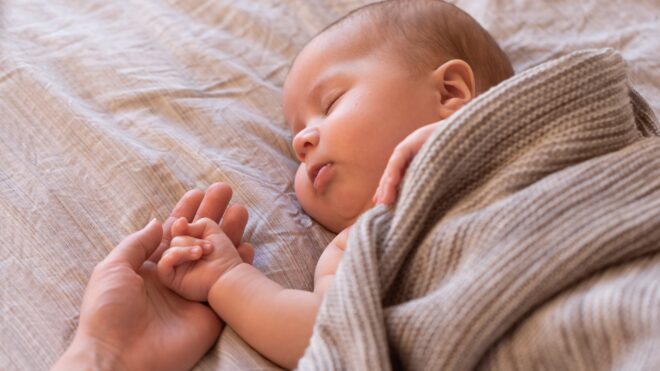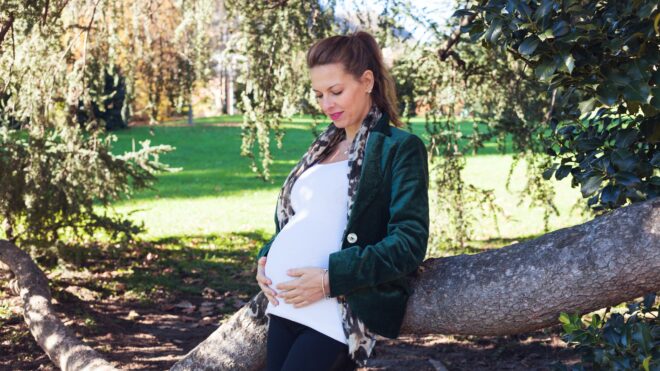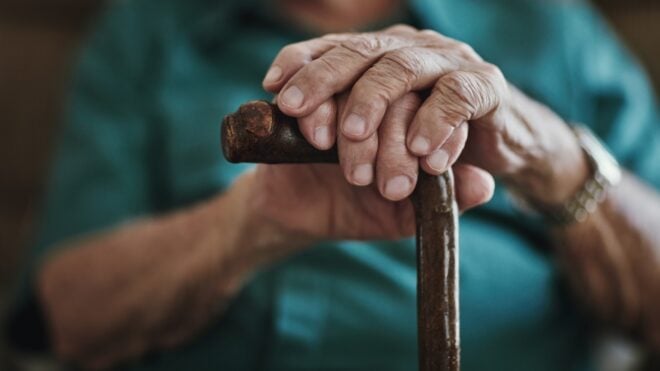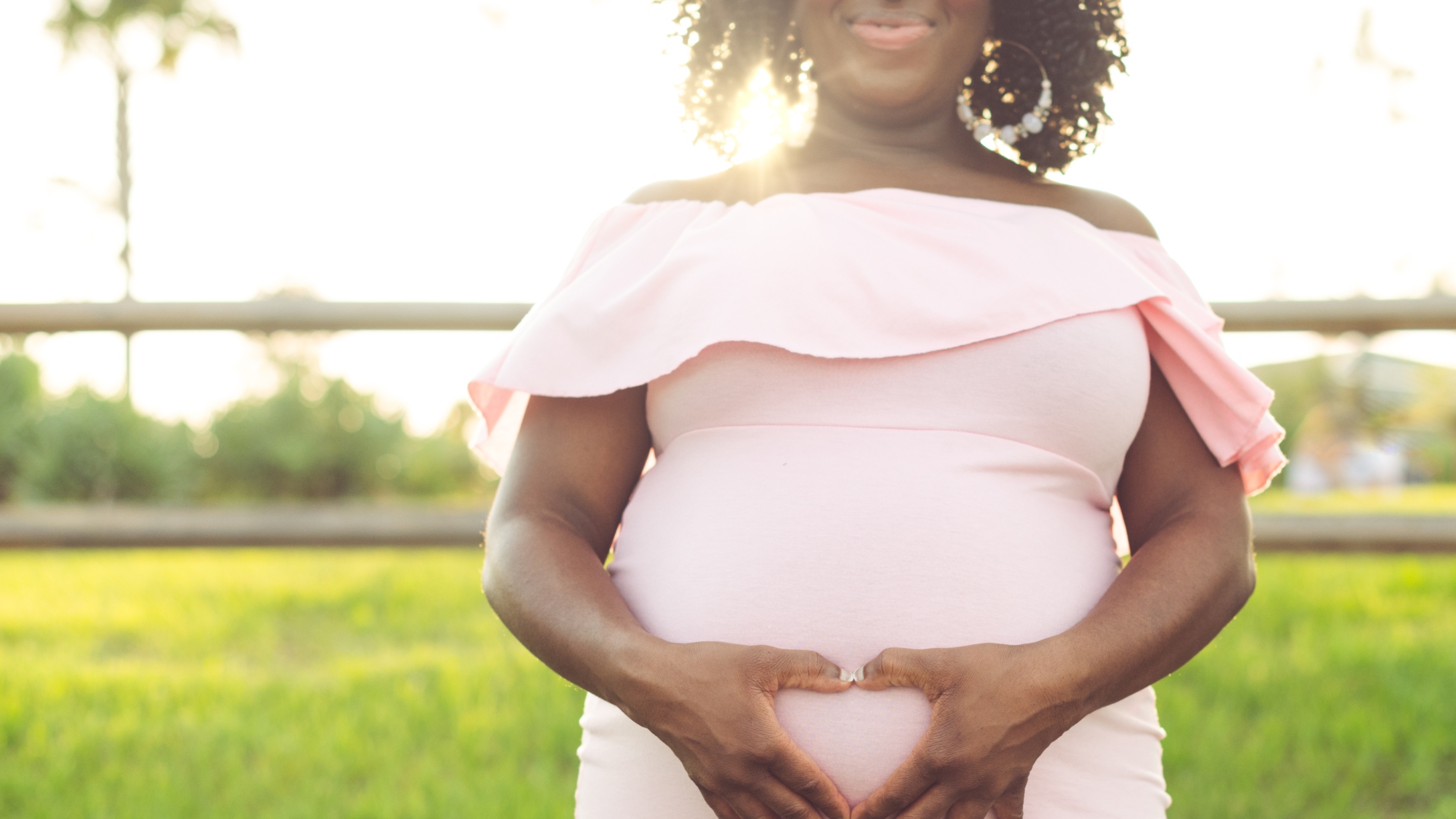
You don’t need to be a pregnancy expert to know that babies in the womb can (and do!) hiccup and suck their thumbs.
You’ve probably seen those adorable ultrasound pictures of a baby sucking its thumb in the womb. And baby hiccups in the womb feel pretty unmistakable. But outside of that, what do babies do in the womb all day?
Have you ever wondered what goes on in there for all those months, as they grow and develop?
Every pregnancy book on the shelf tells you when babies form ears, but you can’t find a single one that answers the question: “Do babies fart in the womb?” Well, maybe there’s a reason for that, but regardless, we’re here to take a walk on the lighter side of pregnancy and answer some of your pressing (or humorous) questions about your baby in the womb.
More from LittleThings: 8 Postpartum Body Changes That Begin Almost Immediately After A Baby Is Born
Question #1: Do Babies Pee In The Womb?
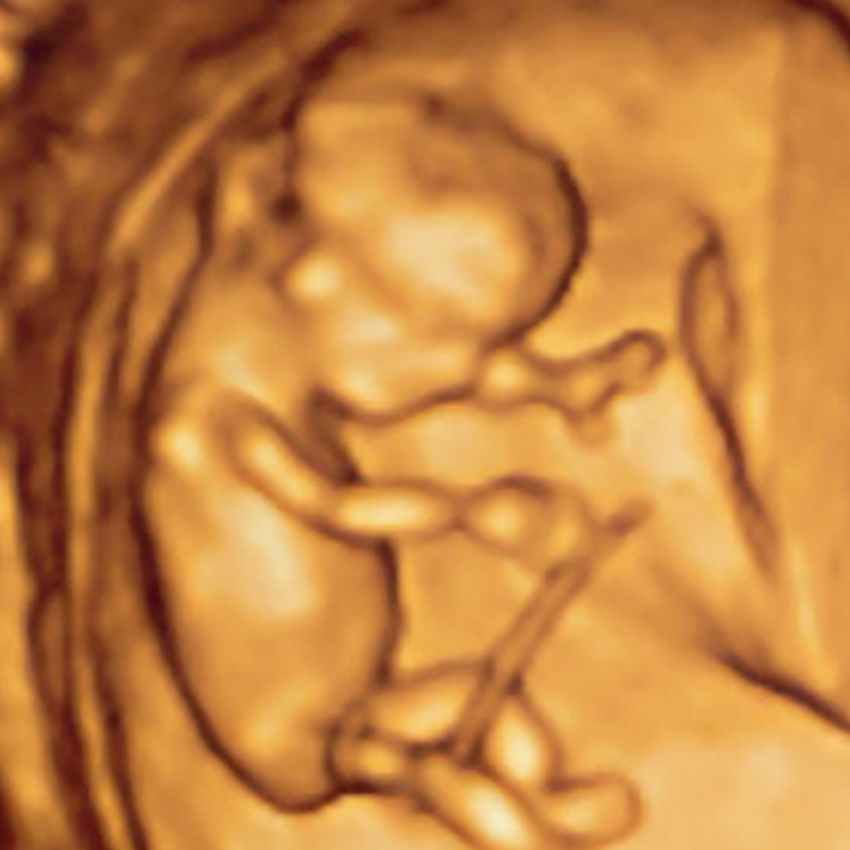
The answer to this one is simple. Yes, babies do pee in the womb. A lot. In fact, we trust you’ve heard of amniotic fluid? That’s right, it’s baby pee. By the time a baby is full-term, nearly 100% of the amniotic fluid that surrounds him is actually urine. It’s like the best-kept secret among OB-GYNs. So let’s get scientific for a moment. Around the time the baby’s kidneys are fully formed, which roughly coincides with the end of the first trimester, baby will begin swallowing amniotic fluid, excreting it in the form of urine, and swallowing it again, according to The New York Times. And we wonder why babies cry a lot!
Although it’s gross, this process clues your doctor in to several critical aspects of baby’s health. Amniotic fluid levels are monitored throughout pregnancy. Levels that are too low may indicate that baby’s kidneys aren’t functioning properly, and levels that are too high can indicate that baby is having difficulty swallowing.
Question #2: Do Babies Breathe In The Womb?
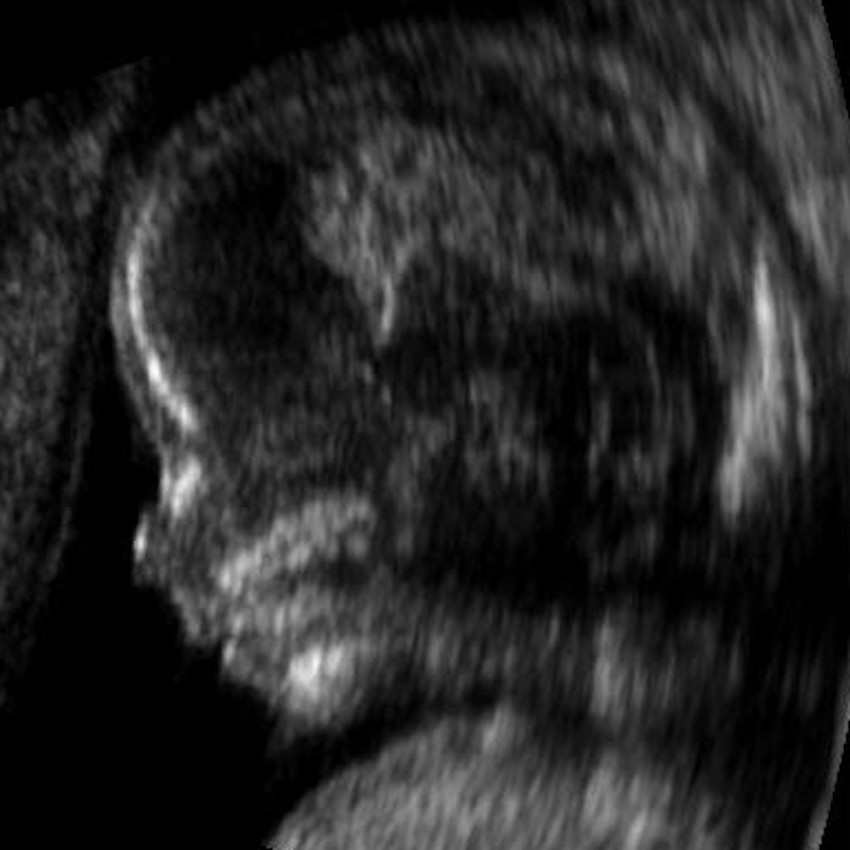
If you’re wondering how babies breathe in the womb, the answer is a bit complicated. Babies don’t breathe in the womb in the same way that we do, since it’s all fluid in there.
So do babies have gills in the womb? No, of course not. Prior to birth, babies get oxygen from the mother through the umbilical cord, but they do make breath-like motions in preparation for taking that first breath of air.
Question #3: Do Babies Poop In The Womb?
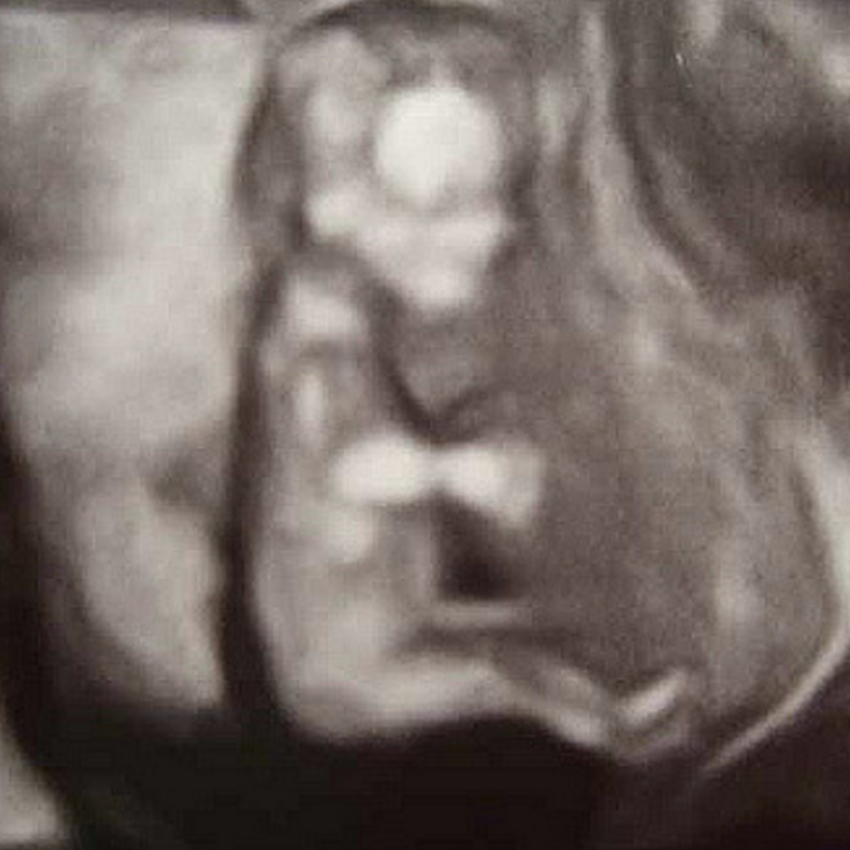
Baby’s first poop typically comes within 24 hours of birth. It’s called meconium and it’s so sticky you’ll want to trade in that baby wipe for a power washer. Meconium is made up of cells, lanugo and amniotic fluid, all of which baby ingests in the womb. Most of the time, babies do not poop in utero, but it isn’t unheard of, especially if the baby is overdue or undergoes stress before or during delivery. If this happens, your doctor will want to monitor Baby for a while after the birth, to ensure she didn’t inhale the meconium into her lungs, which could cause an infection.
Question #4: Do Babies Cry In The Womb?
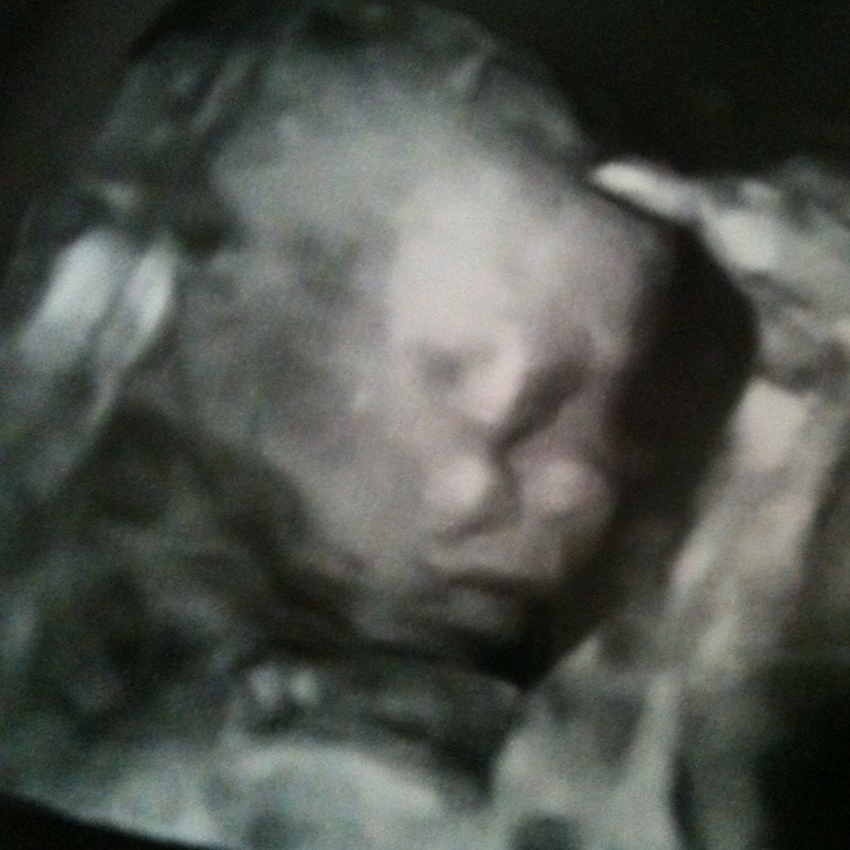
A 2005 study found that babies do indeed cry in the womb. “We describe what we believe is the first documentation of crying behaviors in the fetus,” the study by J L Gingras, E A Mitchell, and K E Grattan states. “These behaviors were elicited during vibroacoustic stimulation (VAS), which was performed as a research study assessing the effect of exposure to tobacco and cocaine during pregnancy on fetal response and habituation to VAS.”
When noise was placed against the mother’s stomach, the fetuses showed typical crying behavior. “By 20 weeks gestation, the fetus possesses the complete motor repertoire necessary for cry behaviours: coordinated breathing efforts, jaw opening, mouthing, chin quiver, tongue extension, and swallowing,” the study says.
This may be heartbreaking to learn, but rest assured that although Baby may in fact experience some negative emotions while in the womb, he is continually comforted by his environment, with its warmth and loud, rushing noises. So we bet the crying spells are pretty short-lived!
Question #5: Do Babies Fart In The Womb?
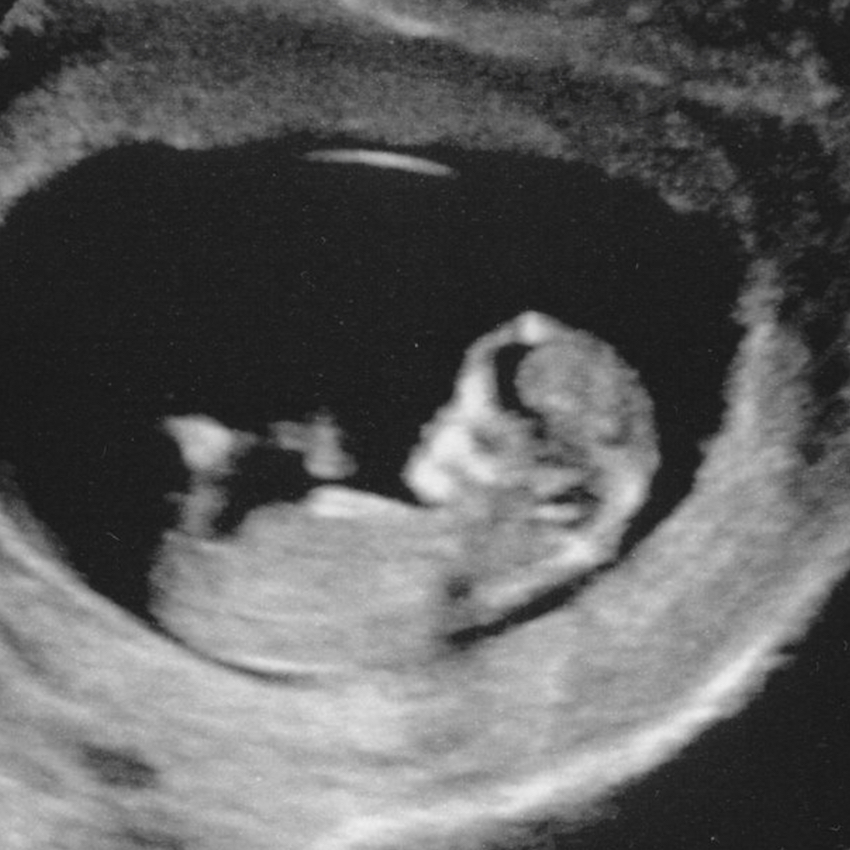
Don’t be surprised if your husband skips right to this question, since he’s probably ready to have a potty-talk partner in crime. But do babies fart in the womb, really? According to the television show The Doctors, “At term, babies actually can pass poop in the amniotic fluid. So you can’t really hear a fart, but theoretically they’re passing gas in there. Has anybody studied this? No.”
So even though baby may be in there passing tiny toots, it’s not likely you can feel it. It’s very common to feel gurgling, bubbling, and even popping sensations in your pregnant belly, but those are most likely just your own gas bubbles, not Baby’s. Nice try, though!
Question #6: Do Babies Open Their Eyes In The Womb?
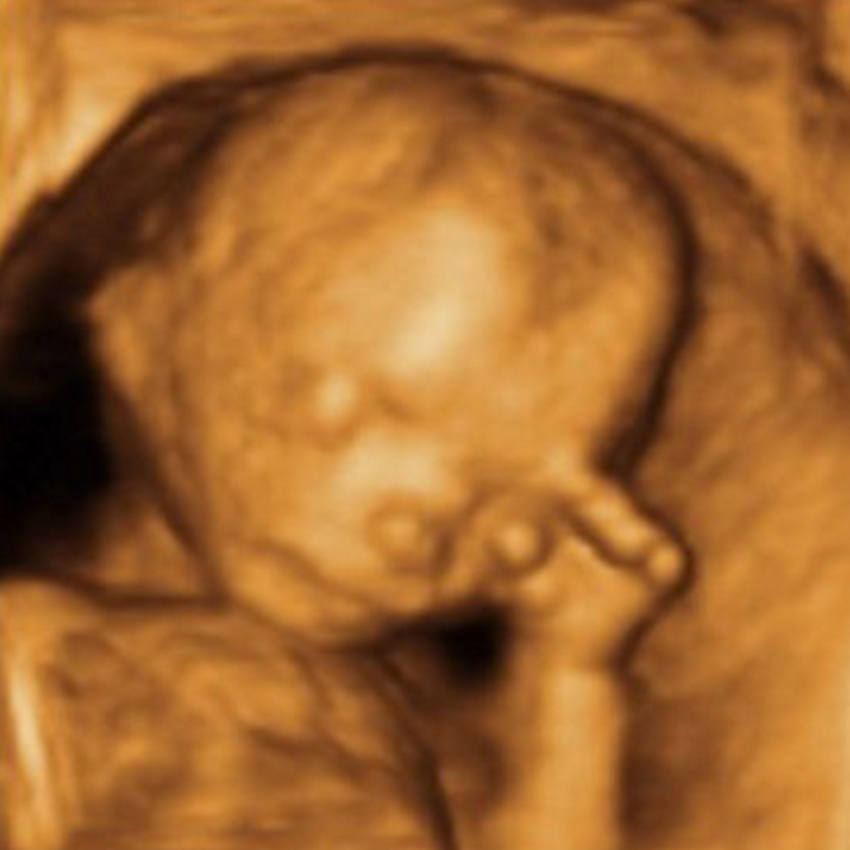
Despite the fact that sight is the last sense baby will develop during his time in the womb, babies can and do open their eyes — they can even see in there! Baby will first open his eyes around week 26 of pregnancy, and What To Expect says, “Not only can those eyes sense light, baby’s eyelids can finally open. Though there's not much to see in the womb, he’ll sense the movement of bright lights outside your body.”
Question #7: Do Babies Dream In The Womb?
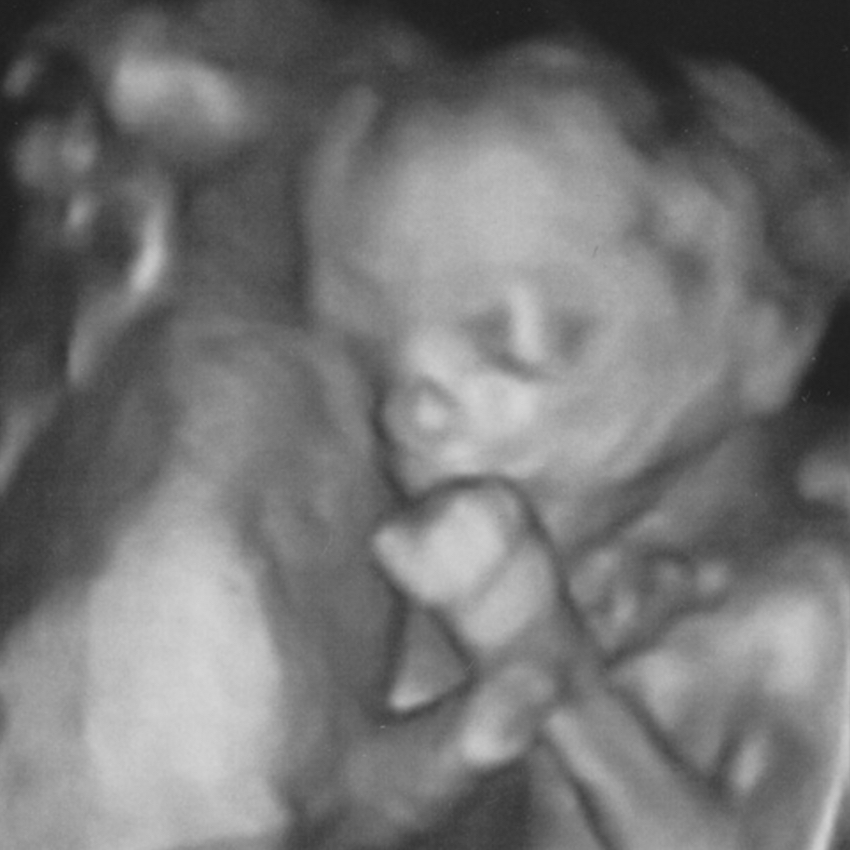
This is understandably a tough question to answer. Scientists have made some advances in studying the sleep (and by extension, dream) states of fetuses, but there’s much work left to be done. Most of the research conducted on the question is centered around sleep cycles, and science20.com says this:
“After about seven months growing in the womb, a human fetus spends most of its time asleep. Its brain cycles back and forth between the frenzied activity of rapid eye movement (REM) sleep and the quiet resting state of non-REM sleep. But whether the brains of younger, immature fetuses cycle with sleep or are simply inactive have remained a mystery.”
Since dreams are associated with REM sleep, it’s likely that babies do dream in the womb, but what they could possibly dream about is also a mystery — one that will likely never be solved.
Question #8: Do Babies Sleep In The Womb?
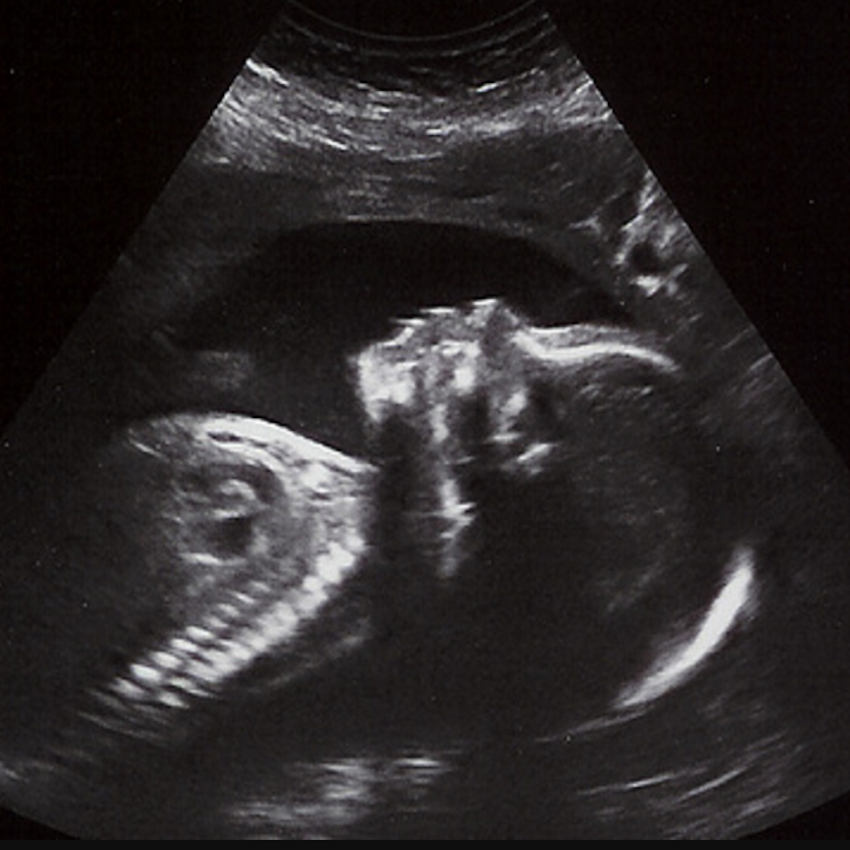
We know that babies sleep in the womb, but how much, and how often? And what type of sleep do they get? Science20.com tells us that “around the seventh month of a fetus’ development, the first rapid eye movements are seen.” After that, baby will spend the rest of her time in the womb cycling between REM and non-REM sleep, and she’ll also have plenty of quiet-awake and alert-awake cycles.
You’ll recognize the alert awake periods by all those kicks you’ll feel! And as your pregnancy progresses further, you may be able to tell whether you’ve got a night owl or an early bird on your hands — if Baby is up all night kicking you, you’ll likely be in for some sleepless nights once Baby is born, at least until she gets her days and nights figured out.
Question #9: Do Babies Smile In The Womb?
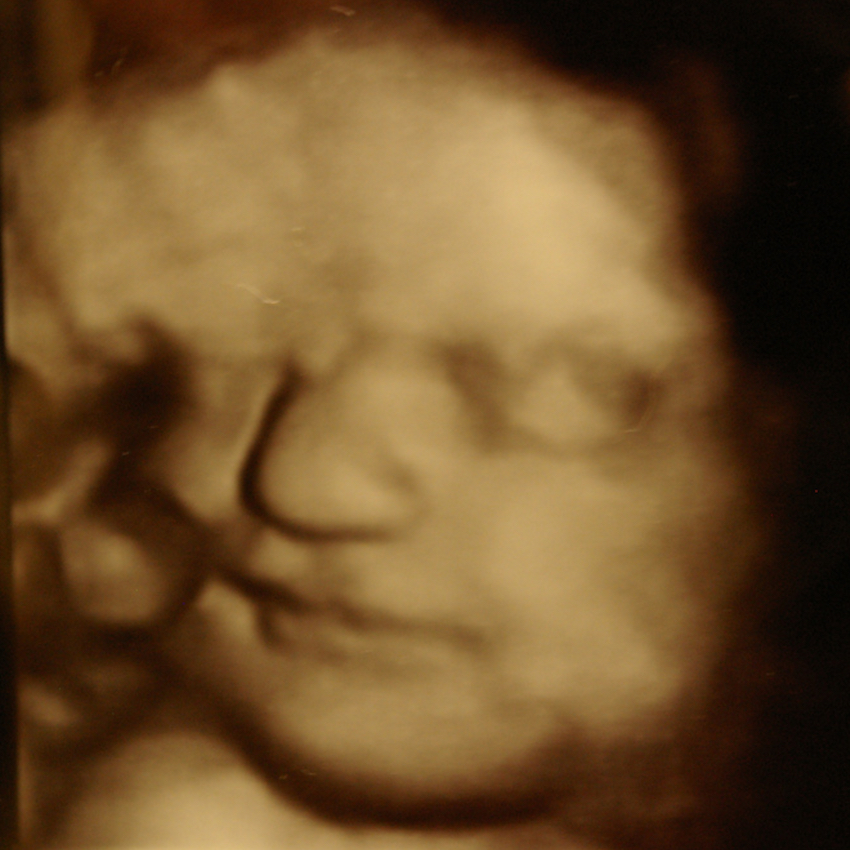
We broke your heart by telling you that Baby is capable of crying in the womb, but the good news is he can smile as well! According to The Daily Mail, from about 26 weeks, babies in the womb exhibit a “range of facial expressions… inside the uterus,” and one of these is most definitely a smile.
If you’re lucky enough to see a smile on the ultrasound, take a mental picture (or hopefully the tech will capture it for you!) because you’re not likely to see baby smile again until at least 6 to 8 weeks after birth.
Question #10: Do Babies Bond In The Womb?
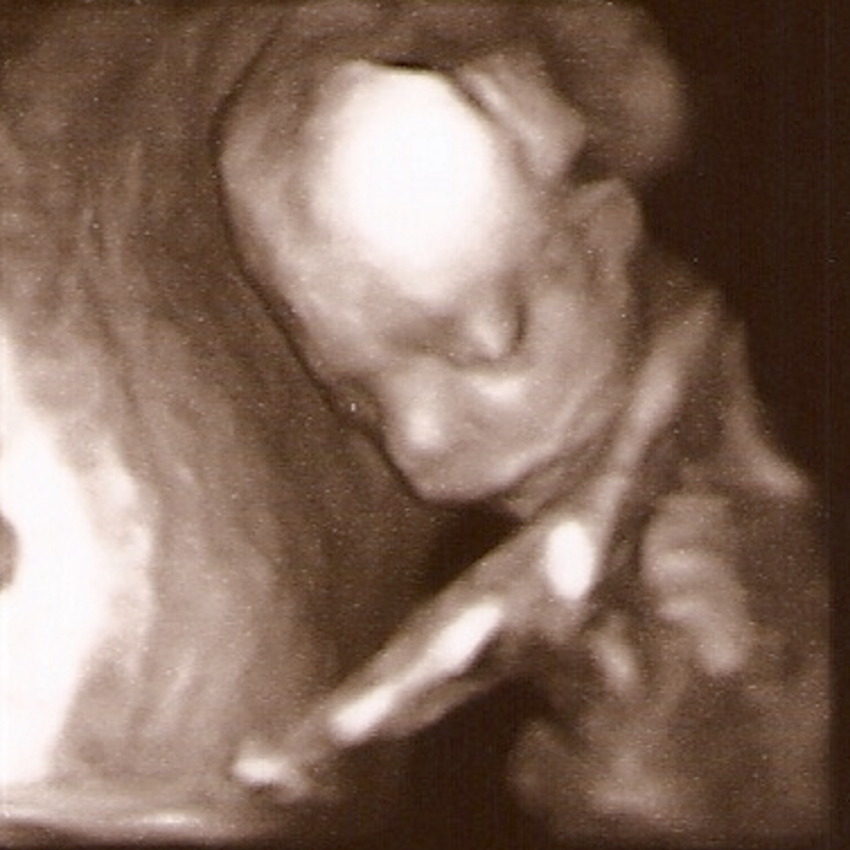
Pregnancy can seem so surreal until you’re holding baby in your arms after delivery, but it’s not that way for baby, who’s in there constantly listening to your voice. During these months spent warmly wrapped in your belly, baby is developing some serious, warm fuzzies for you. She will recognize you and your partner as very special people right from birth, responding to your voice and your touch with familiarity, and she’ll be comforted by you over anyone else. And we think that’s pretty awesome.
If you were excited to have your craziest baby questions answered, make sure to SHARE the info with friends and family on Facebook.

